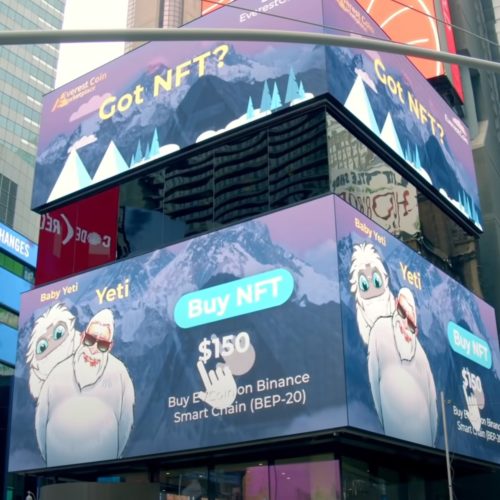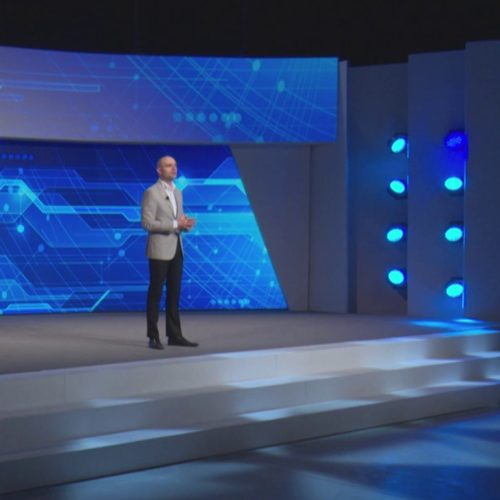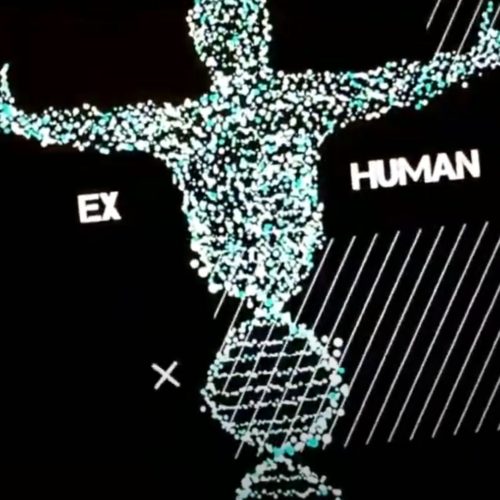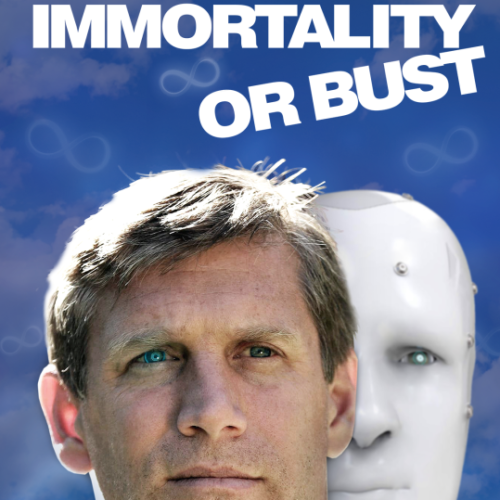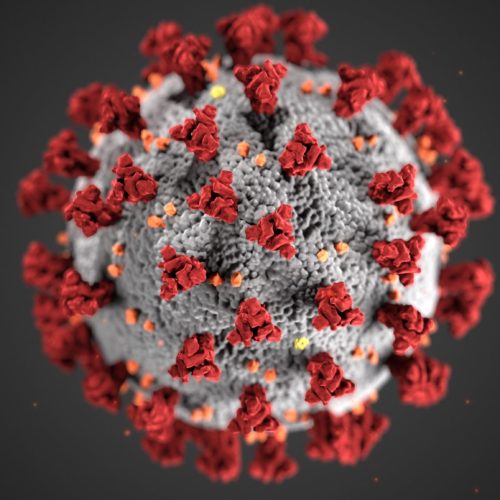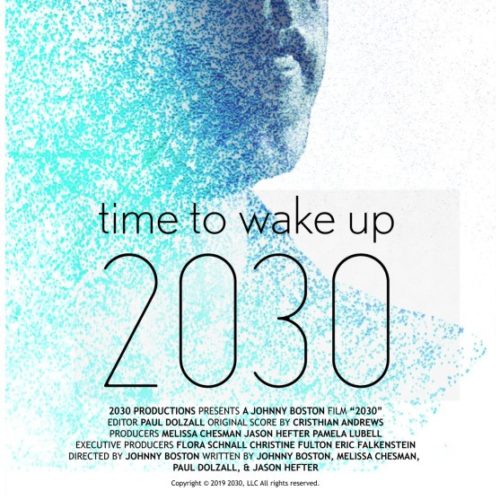Knowledge Is Power, Code Is King, and Orwell Was Right
Marc Goodman / Op Ed
Posted on: February 23, 2015 / Last Modified: February 23, 2015
Editor’s Note: This is a short excerpt from Future Crimes – the scariest book I have ever read:
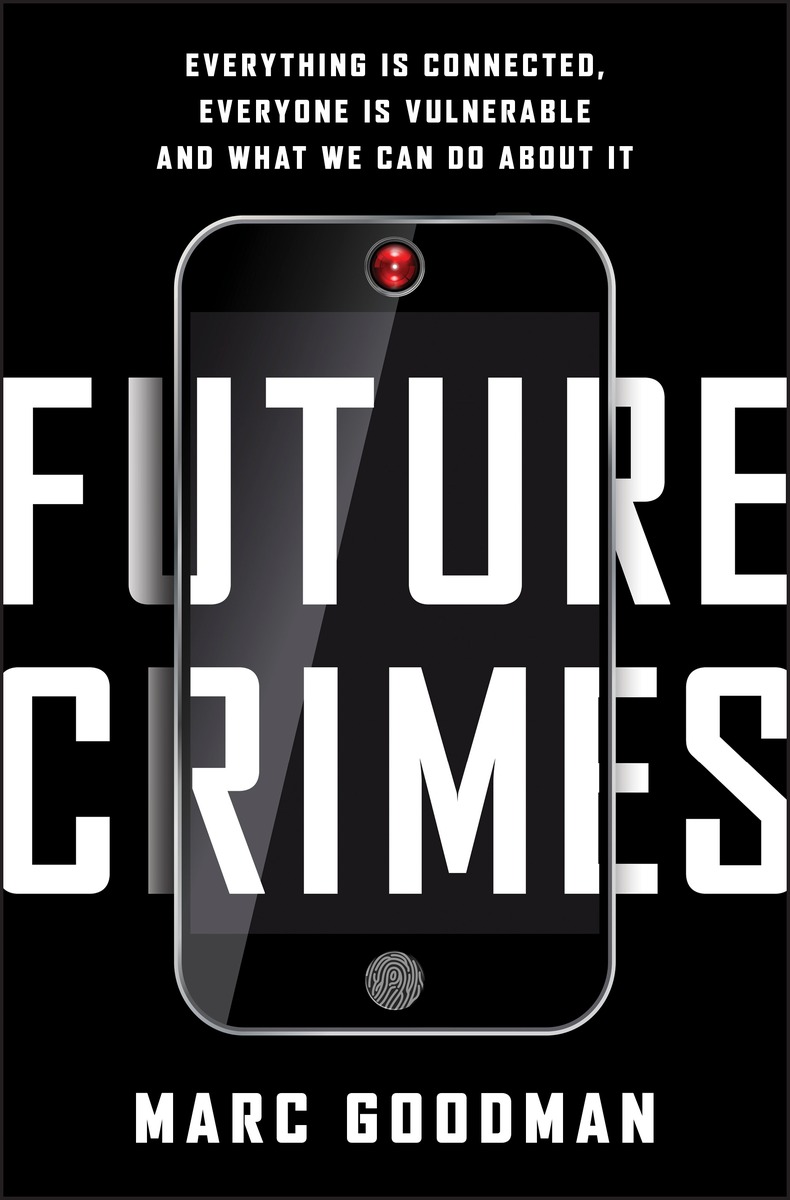 In George Orwell’s dystopian novel 1984, he depicted an omnipotent government surveillance state controlled by a privileged few elite who persecuted independent thinking as “thought crimes.” Though Orwell clearly would have foreseen the NSA debacle, it’s less clear he might have predicted Acxiom, Facebook, and Google. To that point, in those cases it wasn’t Big Brother government that “did something to us,” but rather we who did something to ourselves. We allowed ourselves to become monetized and productized on the cheap, giving away billions of dollars of our personal data to new classes of elite who saw an opportunity and seized it. We accepted all their one-sided Terms of Service [ToS] without ever reading them, and they maximized their profits, unencumbered by regulation or oversight. To be sure, we got some pretty cool products out of the deal, and Angry Birds is really fun. But now that we’ve given all these data away, we find ourselves at the mercy of powerful data behemoths with near-government-level power who do as they please with our information and our lives.
In George Orwell’s dystopian novel 1984, he depicted an omnipotent government surveillance state controlled by a privileged few elite who persecuted independent thinking as “thought crimes.” Though Orwell clearly would have foreseen the NSA debacle, it’s less clear he might have predicted Acxiom, Facebook, and Google. To that point, in those cases it wasn’t Big Brother government that “did something to us,” but rather we who did something to ourselves. We allowed ourselves to become monetized and productized on the cheap, giving away billions of dollars of our personal data to new classes of elite who saw an opportunity and seized it. We accepted all their one-sided Terms of Service [ToS] without ever reading them, and they maximized their profits, unencumbered by regulation or oversight. To be sure, we got some pretty cool products out of the deal, and Angry Birds is really fun. But now that we’ve given all these data away, we find ourselves at the mercy of powerful data behemoths with near-government-level power who do as they please with our information and our lives.
In his 1999 book Code and Other Laws of Cyberspace, the Harvard Law School professor Lawrence Lessig insightfully demonstrated that the instructions encoded in any software program, app, or platform shape and constrain the Internet, just as laws and regulations do. Thus, when Facebook or Google unilaterally changes its terms of service to allow your news feeds to become public or your photographs to be used in advertisements against your will, it is as if a new “law” has been passed. Code, is in effect, law.
Perhaps then the only way to opt out of such a system would be to close one’s account or never create one in the first place? Unfortunately, both approaches are problematic and increasingly impossible. A New York Times article previously noted that Facebook keeps all your data even after you’ve closed your account. Even if you chose not to participate in an online social network, your friends would continue to tag you in pictures, the GPS in your car would still track your location, and Target would track all of your purchases.
The unprecedented volumes of data about ourselves that we have entrusted to private companies are up for grabs, and once the genie is out of the bottle, there’s no putting it back in. The troika of opportunity created by our online data exhaust, ridiculous terms of service, and little or no regulation means that modern data brokers can surveil us with better-than- government-grade surveillance capabilities, capturing our every thought, photograph, and location and subjecting them to big-data analytics. As Mat Honan, Bilal Ahmed, Mike Seay, Bobbi Duncan, Leigh Van Bryan, and Emily Bunting all learned firsthand, there are social costs and risks associated with our continued data leakage. But privacy implications are just one of the great threats resulting from the exponential growth in data.
Hackers are hard at work stealing all of the social data you have dutifully reported on yourself and are successfully breaking into the computers of data brokers and Internet giants responsible for storing it all. As Sony, Target, and even the Department of Defense have learned, data stored in insecure information systems are data waiting to be taken. As such, all data gathered will eventually leak, with potent implications for our personal and professional lives and even for our safety and security.
The problem with our being the product as opposed to the customer of massive data brokers is that we are not in control of our data and thus not in control of our destiny. The continued aggregation of this information, unregulated and insecure, sits as a ticking time bomb, with our every thought and deed available for the picking by a new and emerging class of bad actors whose intents are far worse than selling us discounted diapers and adjusting our insurance rates. International organized crime groups, rogue governments, and even terrorists are rapidly establishing their own data brokerages and bolstering their analytic capabilities in order to take full advantage of the single largest bonanza that has ever come their way, with frightening implications for us all.
Excerpted from Future Crimes: Everything Is Connected, Everyone Is Vulnerable and What We Can Do About It. Copyright © 2015 Marc Goodman. Published by Doubleday Canada, a division of Random House of Canada Limited a Penguin Random House Company. Reproduced by arrangement with the Publisher. All rights reserved.
About the Author:
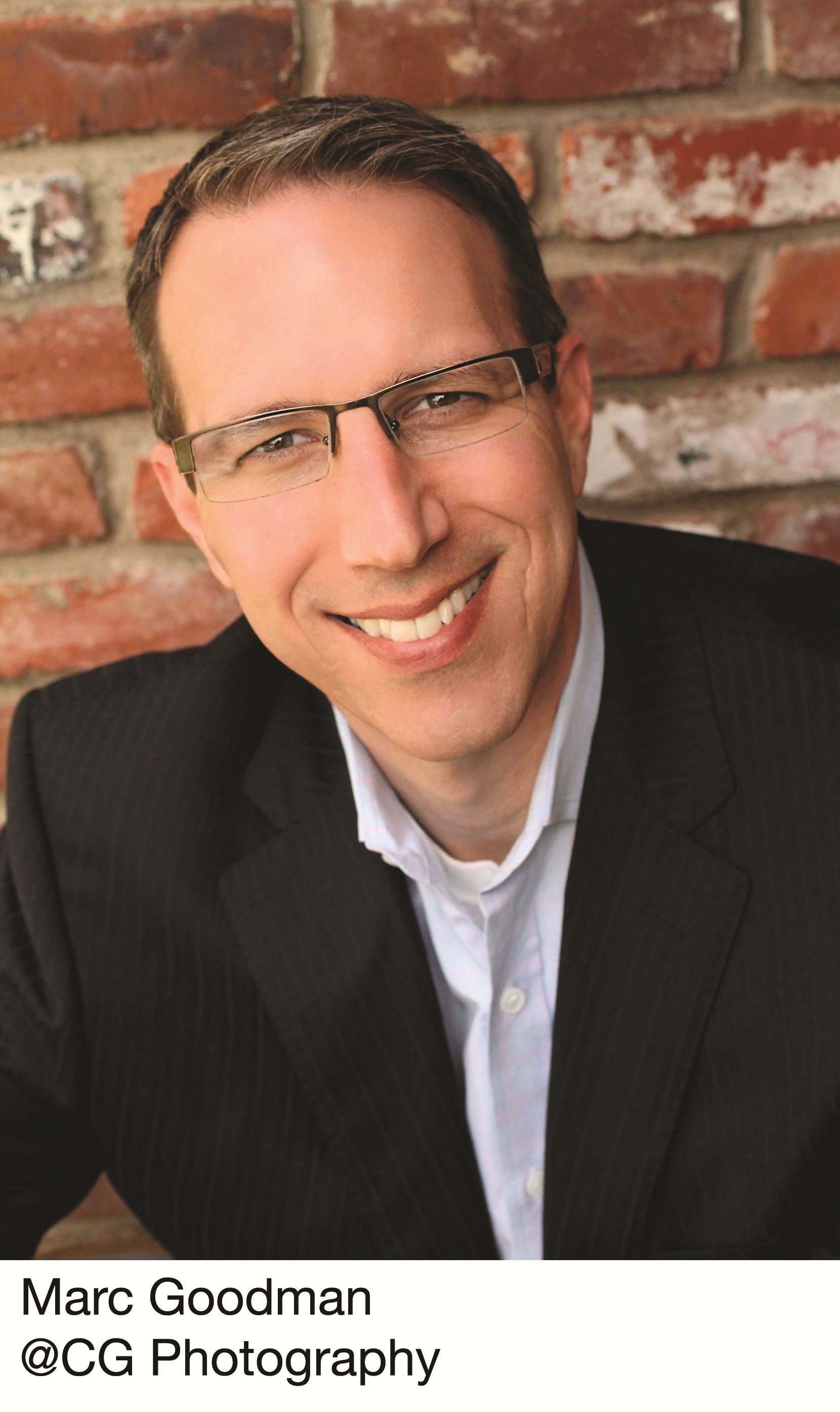 Marc Goodman has spent a career in law enforcement and technology. He was appointed as futurist-in-residence with the FBI, worked as a senior adviser to Interpol, and served as a street police officer. As the founder of the Future Crimes Institute and the Chair for Policy, Law, and Ethics at Silicon Valley’s Singularity University, he continues to investigate the intriguing and often terrifying intersection of science and security, uncovering nascent threats and combating the darker sides of technology.
Marc Goodman has spent a career in law enforcement and technology. He was appointed as futurist-in-residence with the FBI, worked as a senior adviser to Interpol, and served as a street police officer. As the founder of the Future Crimes Institute and the Chair for Policy, Law, and Ethics at Silicon Valley’s Singularity University, he continues to investigate the intriguing and often terrifying intersection of science and security, uncovering nascent threats and combating the darker sides of technology.
Future Crimes Book Trailer:
The Future of Crime:
Marc Goodman, Policy, Law and Ethics Chair at Singularity University, shares examples of the ways technology is transforming security and privacy.


